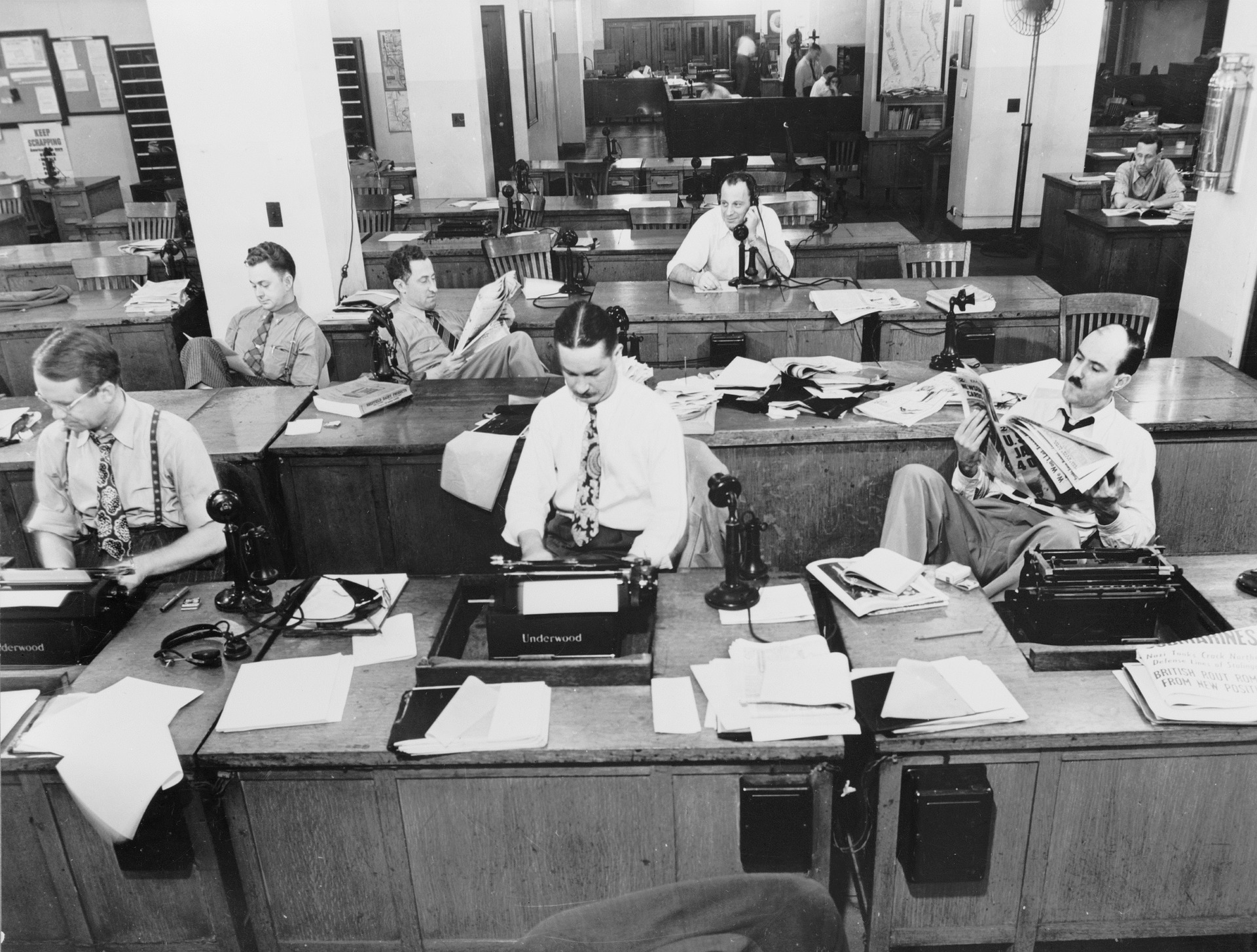A court reporter, also known as a court stenographer or law reporter, transcribes spoken or recorded speech into written form. Court reporters are highly trained professionals who provide a real-time voice-to-text transcription. Although courtroom recordings are always necessary, recent technological advances seemingly diminished the need for court reporters. So, why are court reporters still necessary?
Real-time transcription
Transcription technology is used to create voice-to-text transcriptions after the speech has been recorded. Court reporters are unique because they transcribe speech to text in real time. Most court reporters have experience in the legal profession and are professionally trained with captioning and stenographic technology.
In addition, court reporters are trained to transcribe real-time speech without any errors, which is not guaranteed with the use of technology. They can also actively organize and search for information within the transcription if needed. For example, if an attorney needs to review a specific moment of the trial, the moment can be easily searched for by the court reporter. Although courts are increasingly turning to digital recording programs, real-time transcription is crucial.
Text-to-speech failures
As mentioned earlier, court reporters accurately transcribe voice-to-text. Anyone with text-to-speech technology on their smartphone knows that this option isn’t always reliable. Names are commonly misheard or incorrectly spelled by text-to-speech programs, and these programs often fail to recognize accents or mumbled speech. There are also many words that sound alike, so a program’s transcription is bound to be flawed if people do not speak completely clearly. Humans are much better at interpreting context to pick the right word.
Court reporters are also able to feel the courtroom and the proceedings before them, while a digital recording program cannot. Court reporters are able to read the inflections, tone of voice, and body language that conveys a situation, which can be extremely important.
Overlapping dialogue
It’s especially difficult for text-to-speech programs to transcribe testimonies where multiple people speak at once. If recorded and transcribed by a program, confusion occurs after the fact and it’s hard to distinguish what precisely was said. Although a court reporter may experience the same difficulty, they are able to request a repeat of the conversation if needed.
In many cases, attorneys choose the services of both a court stenographer and a digital recording service. Using both ensures the highest degree of accuracy by creating a smaller margin for error.
Avoiding risks of settled statements
When hearings occur without a real-time court reporter, trial courts often approve settled statements or detailed narrative summaries of the proceeding. Settled statements can be a costly and timely process since each side can object to each other’s version of events. When this happens, the trial court is forced to make a decision favoring one side.
Ensuring the best result in your case
If you’re unsure about whether your county will provide a court reporter, call the courthouse and ask. If your courthouse does not provide court reporters, consider hiring one to make sure your case is transcribed in real-time with all the correct details and avoid the costs of a settled statement. Ask your attorney for recommendations or conduct a simple Google search specific to your area, like “court reporters in West Palm Beach”.
While court reporters used to be regularly present in courtrooms, they are becoming increasingly absent. It’s necessary to preserve every word as accurately as possible for the court’s record. Many counties no longer provide court reporters. As a result, some court reporters must be privately hired and paid for.
Court reporters are required to be impartial, responsible, reliable, properly educated, and certified to perform their job. These strict requirements will ensure a concise, detailed, accurate, and unbiased transcription of your case. Despite recent technological advances, it remains clear that real-time court reporters are still needed.
Read Also:






















